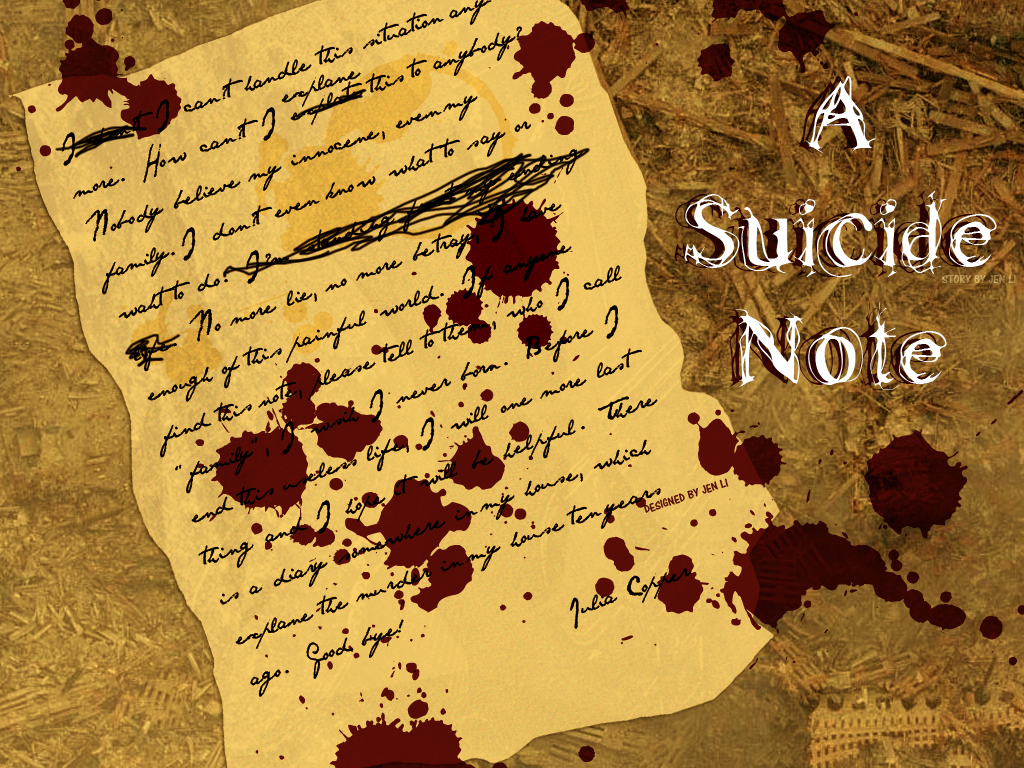1. "Sometimes you're the life, sometimes the
sacrifice." Write about this quote within the context of an immigrant
family. What might a family gain or lose by moving to a new land?
The quote “Sometimes you’re the life, sometimes the
sacrifice” conveys a couple of messages and meanings. Referring to the text, within
the context of an immigrant family, the quote explains that sometimes you get
what you want but some other time you might lose something. By moving to a new
land an immigrant family might have to lose their culture. As referred to the
text, the persona immigrated to America which is he brings his Chinese culture along
with him but he is somehow to say, has to adapt with the Western culture though.
Meaning, a fully practice of Chinese culture in America is most probably not
applicable. This is where the quote obviously works. Living up in America
offers the persona to get used to the Western culture where he believes that
the ancient tradition, culture, and believes of the Chinese in China of Turtle
Soup is irrelevant to extend of the modern era. This is because the Western is not
familiar with exotic food. For them, medical sciences are more relevant
nowadays. However, the mother who growing up in the Chinese culture yet still
has faith in believing what the ancient did. The mother boiled Turtle Soup for
twelve hours and never doubted the power of how much goodness and healthiness she
can get from the Turtle Soup.
However, in relation of what an immigrant family might gain
by moving to a new land could be explained in the sense of knowledge and
experience. To immigrate means to experience a new things, new places, and new
knowledge. The persona is living in America but that doesn’t mean it is a bad
thing if he didn’t fully practice Chinese culture. Somehow he is adapting the
new culture which is the Western culture where he gains new knowledge and
experience of new places and new peoples which he wouldn’t get in China. This
is why to get something you might have to lose something in return. This is
also where the pros and cons depicts when you moving to a new land. Therefore,
the way of how the persona expresses himself in the text could be claimed wise
and logic. No matter how rich ones culture is, but by the moment you immigrate,
changes does takes place.

